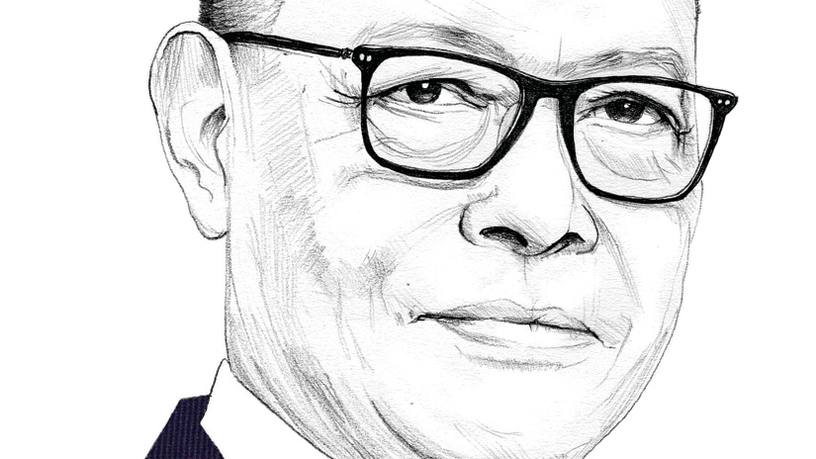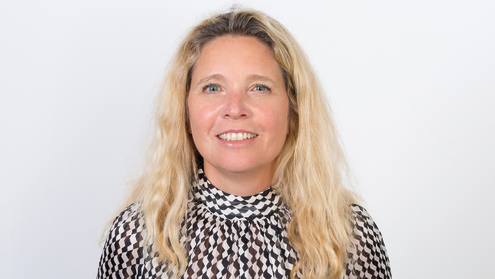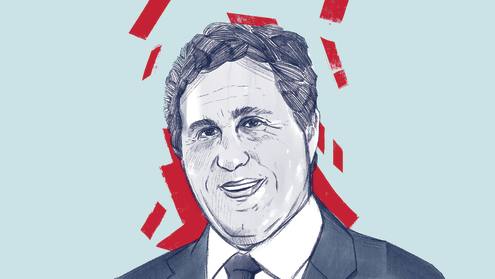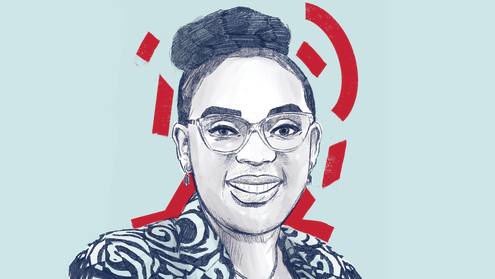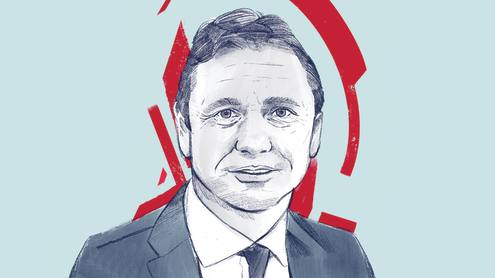With the conclusion of COP26 and the goal to keep global warming below 1.5 degrees Celsius, we are all aware of the climate emergency. The Philippines sees and feels the effects of global warming firsthand with extreme weather, rising sea levels and displaced communities disrupting lives and causing loss of livelihoods. This is despite our country being one of the lowest emitters of carbon dioxide – in fact, we only produce 0.3% of global carbon emissions.
As governor of the Philippine’s central bank Bangko Sentral ng Pilipinas (BSP), I recognise our crucial role in bringing about a more sustainable future.
At COP26, the Philippines reaffirmed its goal to cut greenhouse gas emissions by 75% by 2030. Covid-19 has provided the country with the opportunity to embrace sustainability and rebuild towards a new, better and greener economy. Enabled by enhanced regulations across the banking and financial sector, this opportunity can be maximised by increasing investments in zero carbon energy sources, transport and infrastructure, on top of capacity building and awareness initiatives within the BSP and government agencies.
As we pave the road to recovery, the BSP maintains a strict focus on ensuring financial stability and economic continuity amid the pandemic and across administrations. I also set a personal goal at the start of my term in 2019 − to transform the Philippines into a digital heavy, cash-lite society, with 50% of retail transactions to be paid via digital means and 70% of Filipino adults to have digital bank accounts by 2023. Taken together, these efforts support our sustainability agenda and require us to move forward with regulations and policies to ensure a greener and more inclusive future.
In April 2020, the BSP issued the Sustainable Finance Framework. It is the first wave of regulations on sustainability that set broad expectations for banks to incorporate sustainability principles in their operations.
Banks across the Philippines have already started embedding sustainability principles laid out in this framework into their business models, key performance indicators and decision-making. Greater support is being encouraged for green or sustainable projects, enhanced reporting is empowering better choices, operations are showing greater environmental leadership, and more green bonds are being issued to help fund the energy transition, among other sustainable ventures.
Tapping the markets
In south-east Asia, the Philippines is among the top issuers of green, social and sustainability (GSS) bonds. As of November 30, 2021, GSS bonds issued by Philippine companies amounted to $4.78bn — accounting for over a quarter, or 28%, of the total Association of Southeast Asian Nations (Asean)-labelled GSS bonds issued in the region, as of the said period.
In October 2021, the BSP issued the Environmental and Social Risk Management Framework, which is the second wave of regulations on sustainability. Under this framework, banks are required to foster the acceleration of environmentally and socially responsible business decisions by taking a broader view of risk management to better understand what constitutes risk in credit underwriting and loan pricing.
Moreover, there is an increased focus on accountability. The boards of banks are required to set strategic environmental and social objectives for their credit operations. These may include increasing targets on the proportion of their loan portfolios allocated for green finance projects and establishing a monitoring system for compliance.
We would like our banks to be pillars of society and responsible corporate citizens — promoting and championing the sustainability agenda for the business community in the Philippines and for Filipinos locally and abroad
The Philippine financial system has remained robust throughout the Covid-19 pandemic, owed in large part to strong economic fundamentals from decades of responsible economic management. To ensure its continued resilience, stronger implementation of the Sustainable Finance Framework is necessary.
We are taking a phased approach. We have provided a three-year transition period to provide banks with enough time to evaluate their current situation, as well as adapt to comply with the sustainable finance rules and expectations. We would like our banks to be pillars of society and responsible corporate citizens — promoting and championing the sustainability agenda for the business community in the Philippines and for Filipinos locally and abroad.
The next steps
For the upcoming third wave of regulations on sustainability, we will roll out guidelines to help banks manage the environmental and social risks in their investment activities, and regulatory incentives for banks that significantly advance sustainability principles.
As a clear signal to the market and a testament to our commitment to lead by example, the BSP has invested $550m in green bonds through the green bond fund of the Bank for International Settlements. In addition, the Department of Finance (DOF) is set to issue the country’s first sovereign green bond to support our transition to a clean, sustainable and climate-resilient economy.
In partnership with the DOF, the BSP is driving other key sustainable initiatives. In March 2021, we committed to collaborate with the UK to promote inclusive growth under the Asean Economic Reform and Low Carbon Energy programmes, both funded by the UK. Together, these programmes will support the Philippines in its development of green finance through capital markets and expand the use of financial technology.
As highlighted during COP26, a whole-of-government approach is necessary to address the enormity of the climate change crisis. Aligning with this direction, the BSP and the DOF are also co-chairing an interagency task force known as the Green Force for the Philippines. Green Force will focus on initiatives to improve the capacity of relevant government agencies and industry players on sustainable finance implementation, and offer guidance on identifying economic activities that contribute to sustainable development.
We also jointly launched the Philippine Sustainable Finance Roadmap and Guiding Principles in October 2021, which seek to bridge policy and regulatory gaps in promoting sustainable investments.
Following south-east Asian standards for green bonds and other international green finance standards, the roadmap has three focus pillars: to create a conducive environment through policy-making; to mainstream sustainable finance through incentives, penalties and insurance; and to develop a sustainable pipeline database for the public and private sectors that facilitates monitoring and regular updates, to encourage a whole-of-nation effort. This serves as the north star for all government agencies to strengthen their policies concerning green projects and investments, and collectively work towards transitioning the Philippines to a low-carbon economy.
Even though the Philippines might be considered only one piece of the resilience puzzle, our efforts serve as an example to all. We are working to ensure that Filipinos will not just survive and recover but thrive in a new and resilient economy. We urge all institutions, banks, businesses, and individuals to do their part. Seemingly minor attitude adjustments and mindset shifts can have large knock-on effects on the health of our people and planet at the present time and well into the future. Keeping global warming below 1.5 degrees Celsius is a gargantuan task. But if we act in an urgent and collaborative manner, this goal should be achievable.
Benjamin Diokno is governor of Bangko Sentral ng Pilipinas.



